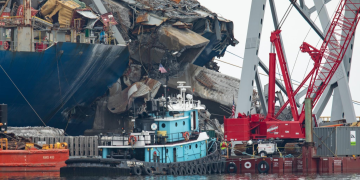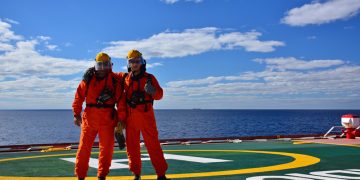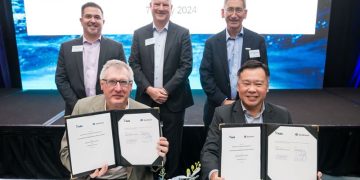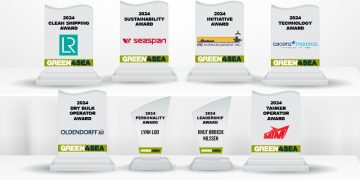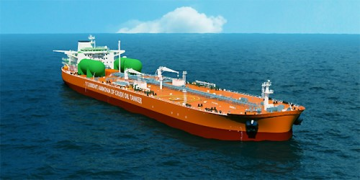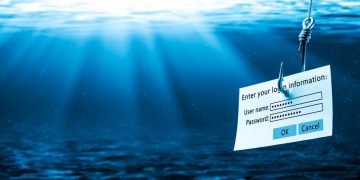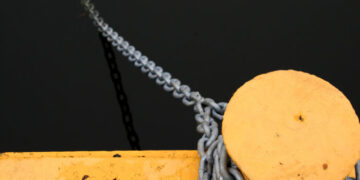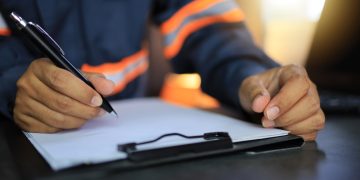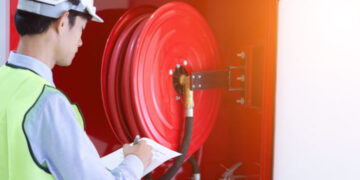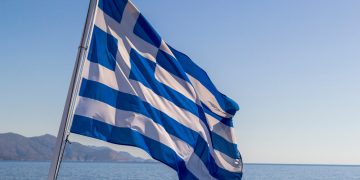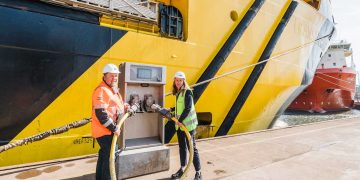How will Europe respond concerning EEDI decision
A very important first step for a truly global reduction in CO2 emissions The big question now emanating from the IMO's landmark MEPC 62 meeting to make energy efficiency standards mandatory in shipping is what the reaction of the European Union will be, and whether global mandatory EEDI will be enough to ward off Brussels' own action to cut shipping emissions. The answer as can best be judged at this stage is probably 'No'.The European Commission is in the process of developing a regulatory proposal to cover emissions from international shipping in its region. It says progress has been too slow on a global regulation from IMO or the UN climate convention (UNFCCC). It wants to see some substantial action on reducing emissions in shipping imposing steep cuts on its land-based high-emitting industries; in the order of 20 per cent below 1990 levels by 2020.The Commission has plainly stated before that if such steps are not taken at a global level by the end of 2011 then it will finalise a proposal in early 2012 and aim to have it take effect possibly as soon as 2013. In keeping with its own action, Brussels wants to see more extensive market-based ...
Read more




